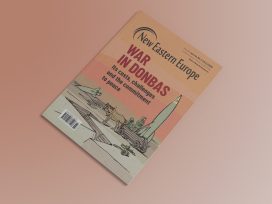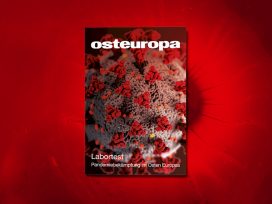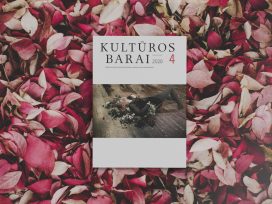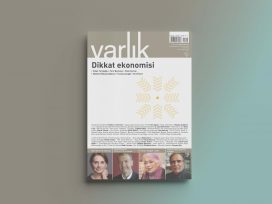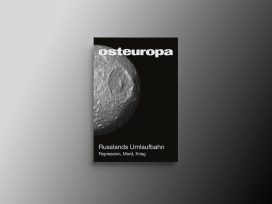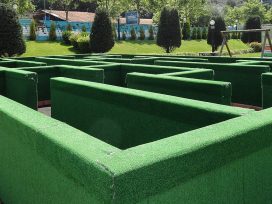‘Osteuropa’ surveys the politics of COVID-19 in eastern Europe, including case studies on Hungary, Poland, Czech Republic, Belarus, Ukraine, Russia and Central Asia. How far does the pandemic pose a threat to autocrats in the region?
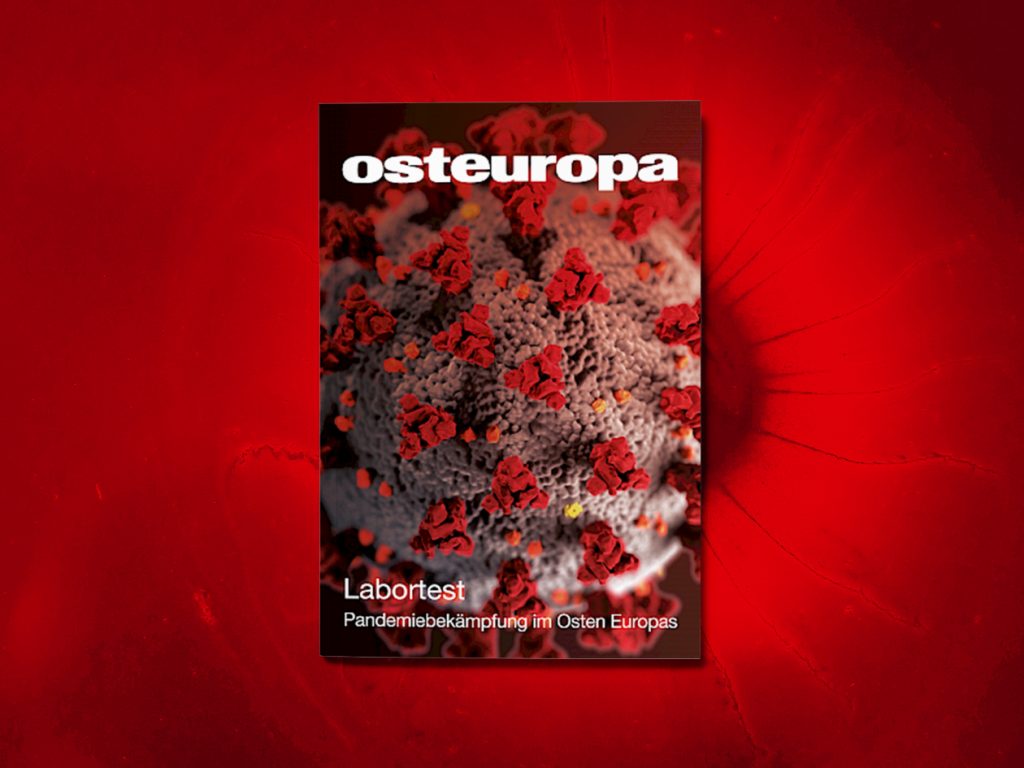 Osteuropa has pre-released articles online from its upcoming print issue on the politics of COVID-19 in eastern Europe. Case studies include Hungary, where the ‘pseudo-abolition of a pseudo-parliament’ has taken place (Dániel Hegedűs), and Poland, where the ban on public gatherings threatens to hinder free and fair presidential elections on 10 May (Martha Bucholc and Maciej Kormonik). In the Czech Republic, on the other hand, the democratic damage is likely to be temporary, despite heavy restrictions and the likelihood of long-term economic damage (Zuzana Lizcová).
Osteuropa has pre-released articles online from its upcoming print issue on the politics of COVID-19 in eastern Europe. Case studies include Hungary, where the ‘pseudo-abolition of a pseudo-parliament’ has taken place (Dániel Hegedűs), and Poland, where the ban on public gatherings threatens to hinder free and fair presidential elections on 10 May (Martha Bucholc and Maciej Kormonik). In the Czech Republic, on the other hand, the democratic damage is likely to be temporary, despite heavy restrictions and the likelihood of long-term economic damage (Zuzana Lizcová).
Belarus
Lukashenka caused international astonishment when he claimed that the coronavirus could be cured by visiting the sauna, drinking vodka and driving tractors. The autocrat’s ‘persistent denial of the particular danger of COVID-19 and lack of sympathy with the first victims of the pandemic’ may be alienating him from a large section of Belarusian society, writes Astrid Sahm. ‘Lukashenka risks forfeiting the credit that he has recently earned from more critical groups by guaranteeing Belarusian national independence from Russia.’ In the absence of state action, civil society has had to organize isolation measures and other forms of self-help, and could emerge strengthened from the crisis.
Central Asia
When the coronavirus began to spread to Europe, Turkmenistan and Tajikistan claimed to be ‘virus free’, while Kyrgyzstan, Kazakhstan and Uzbekistan declared only a small number of infections. Edda Schlager examines the veracity of official statements and outlines possible consequences of the pandemic for the authoritarian systems of Central Asia. Not only are the healthcare systems of Central Asian countries unprepared, ‘the coronavirus will have disastrous economic impacts. The resource-rich countries are battling with the fall in the price of oil caused by the drop in demand, and almost all countries have been affected by the interruption to remittances from economic migrants.’
Russia
Before the virus hit Russia, Putin’s constitutional amendment that would allow him to carry on as president had been passed by the Duma. However, the cancellation of the referendum on the amendment planned for 22 April could have unforeseen political impacts, writes Maria Lipman. ‘Will new centres of power emerge and, if so, what means will Putin be willing to use in order to assert himself as ruler? Will he be able to return to his previous position as head of state without alternative, a position from which the virus has removed him?’
More articles from Osteuropa in Eurozine; Osteuropa’s website
This article is part of the 8/2020 Eurozine review. Click here to subscribe to our weekly newsletter, to get updates on reviews and our latest publishing
Published 7 May 2020
Original in English
© Eurozine
PDF/PRINTPublished in
Newsletter
Subscribe to know what’s worth thinking about.
Related Articles
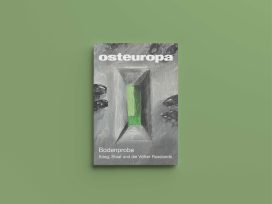
Internal empire
Osteuropa 1–3/2024
Why the Russian Federation is a de facto empire despite the 1993 constitution; why Putin’s imperial but anti-ideological variety of Russian nationalism dominates; why Chechnya remains an open wound on the body politic; and feeling the impact of the Putin regime’s clampdown on intellectual freedoms.
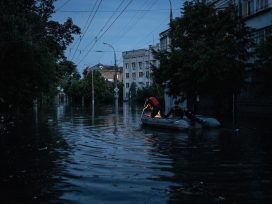
‘Occupation is like a flood. The water doesn’t reach every house at the same time. First it covers the roads until it meets an obstacle – a wall or a fence. Then it starts to rise, finding cracks, seeping further, conquering one house after another, together with everything inside them.’
